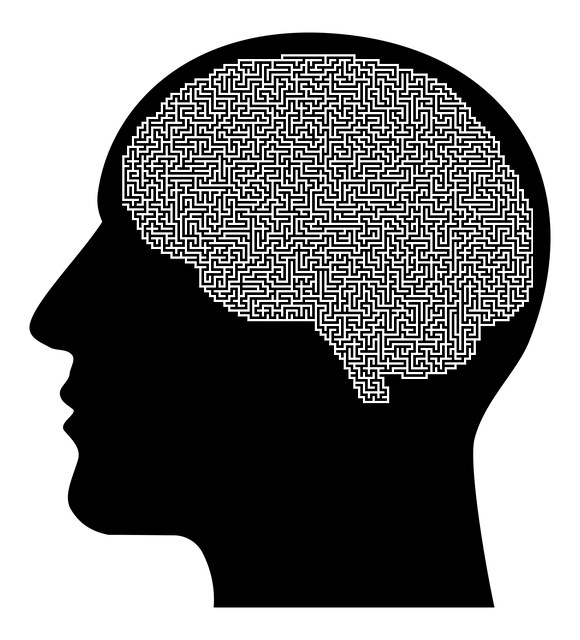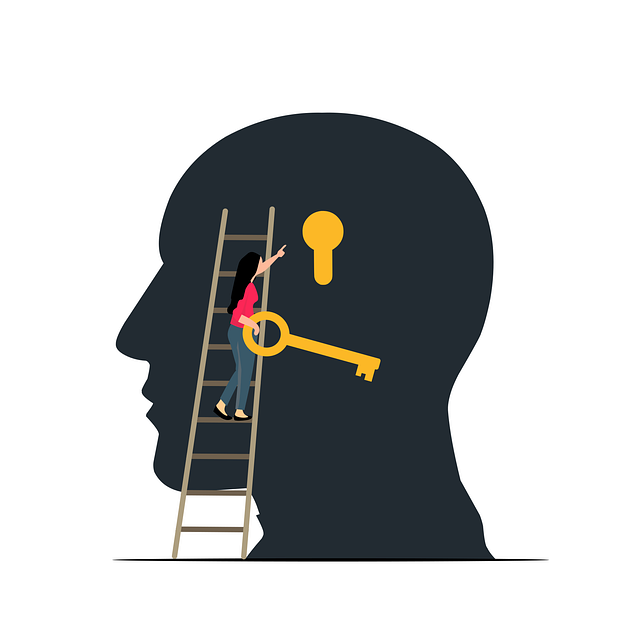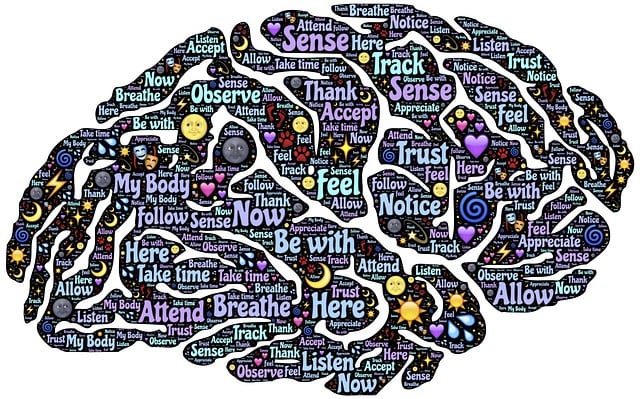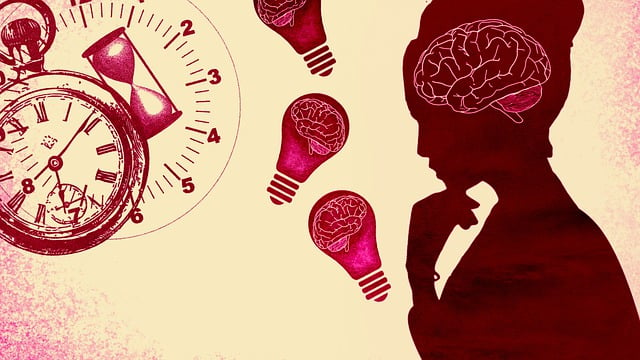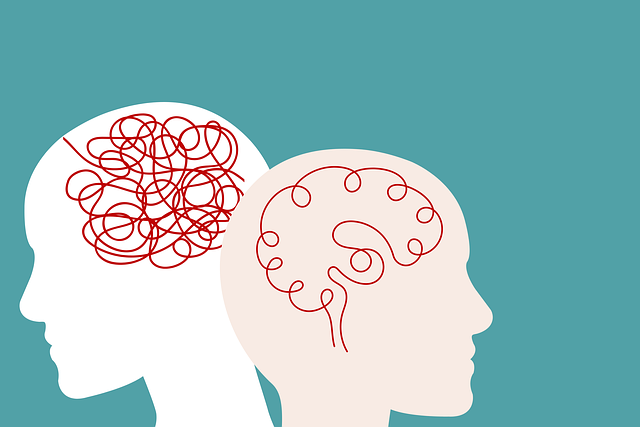Mental illness stigma, driven by negative perceptions and stereotypes, discourages help-seeking, particularly for trauma-related conditions. To combat this, awareness campaigns emphasizing mental health diversity are crucial. Cultural sensitivity training ensures empathetic care for diverse patients. Podcasts like Lone Tree Trauma Therapy's normalize conversations, offering personal narratives and expert advice. Lone Tree Trauma Therapy revolutionizes mental health care through trauma-informed approaches, crisis intervention, and risk assessment. Educational workshops and community events reduce stigma by dispelling myths, encouraging empathy, and promoting evidence-based stress reduction methods. Community support networks like Lone Tree Trauma Therapy foster acceptance, healing, open dialogue, and resilience, enhancing overall well-being.
Mental illness stigma remains a significant barrier to seeking help, yet efforts to reduce it are gaining momentum. This article explores diverse strategies combating mental health stigma, from understanding its profound impact on individuals’ lives to innovative approaches like Lone Tree Trauma Therapy. We delve into educational initiatives raising awareness and community support networks fostering acceptance. By highlighting these efforts, we aim to inspire continued progress in breaking down the walls of stigma.
- Understanding Stigma: Its Impact on Mental Health Seeking
- Lone Tree Trauma Therapy: A Unique Approach to Combat Stigma
- Educational Initiatives: Spreading Awareness for Change
- Community Support Networks: Fostering Acceptance and Healing
Understanding Stigma: Its Impact on Mental Health Seeking

Stigma surrounding mental illness can have profound effects on individuals’ willingness to seek help and support. It often manifests as negative perceptions and stereotypes, leading to discrimination and social isolation. This can be especially damaging for those experiencing trauma, as they may face additional challenges in accessing appropriate care. For instance, a person struggling with anxiety or depression stemming from a traumatic event might avoid seeking therapy due to the fear of judgment or being mislabeled.
Efforts to reduce stigma are crucial in encouraging mental health-seeking behaviors. These initiatives include raising awareness about the diverse nature of mental illness and promoting cultural sensitivity within healthcare practices. Training healthcare providers on cultural competency can significantly improve patient care, ensuring that individuals from various backgrounds receive understanding and effective treatment. Additionally, producing engaging mental wellness podcast series can help normalize conversations around mental health, offering platforms for sharing personal experiences and expert insights, much like Lone Tree Trauma Therapy provides specialized support to its community.
Lone Tree Trauma Therapy: A Unique Approach to Combat Stigma

Lone Tree Trauma Therapy offers a unique approach to combat mental illness stigma by focusing on trauma-informed care. This method acknowledges that many individuals facing mental health challenges have experienced traumatic events, often leading to complex psychological responses. By prioritizing understanding and addressing these past traumas, Lone Tree Trauma Therapy aims to foster a deeper sense of healing and empowerment among its clients.
The program integrates confidence-boosting strategies within its crisis intervention guidance, helping participants rebuild their resilience. Moreover, it emphasizes the crucial risk assessment for mental health professionals, ensuring safe and effective support throughout the therapeutic process. Through these comprehensive techniques, Lone Tree Trauma Therapy strives to reduce stigma by promoting a culture of understanding, compassion, and open dialogue surrounding mental well-being.
Educational Initiatives: Spreading Awareness for Change

Educational initiatives play a pivotal role in stigma reduction efforts surrounding mental illness. By spreading awareness through workshops, seminars, and community events, we can foster understanding and empathy among individuals who may not have previously encountered mental health challenges. These platforms offer opportunities to dispel myths, correct misconceptions, and present the reality of various mental health conditions—a crucial step towards destigmatization.
Engaging in open conversations about mental wellness encourages folks to recognize that everyone’s experience is unique. Initiatives like Lone Tree Trauma Therapy focus on promoting resilience and offering evidence-based stress reduction methods, emphasizing that seeking help for mental health concerns is a sign of strength, not weakness. This shift in perspective fosters an environment where individuals feel empowered to prioritize their mental wellness and explore confidence-boosting strategies to navigate life’s challenges.
Community Support Networks: Fostering Acceptance and Healing

Community Support Networks play a pivotal role in reducing stigma surrounding mental illness by fostering acceptance and healing. These networks, like Lone Tree Trauma Therapy, serve as safe spaces where individuals struggling with their mental health can find understanding and support. By encouraging open conversations about emotional challenges, these groups help dispel myths and promote empathy, enhancing the overall Mental Health Awareness within communities.
Moreover, Community Support Networks often offer Confidence Boosting opportunities through peer mentoring, group therapy sessions, and educational workshops centered around Emotional Intelligence. These initiatives empower individuals to navigate their mental health journeys with enhanced resilience and self-acceptance, contributing significantly to their emotional well-being and personal growth.
Mental illness stigma reduction is a multifaceted effort that requires understanding, unique therapeutic approaches like Lone Tree Trauma Therapy, widespread educational initiatives, and robust community support networks. By fostering acceptance and healing through these combined efforts, we can create a more inclusive society that prioritizes mental health seeking and recovery for all.




